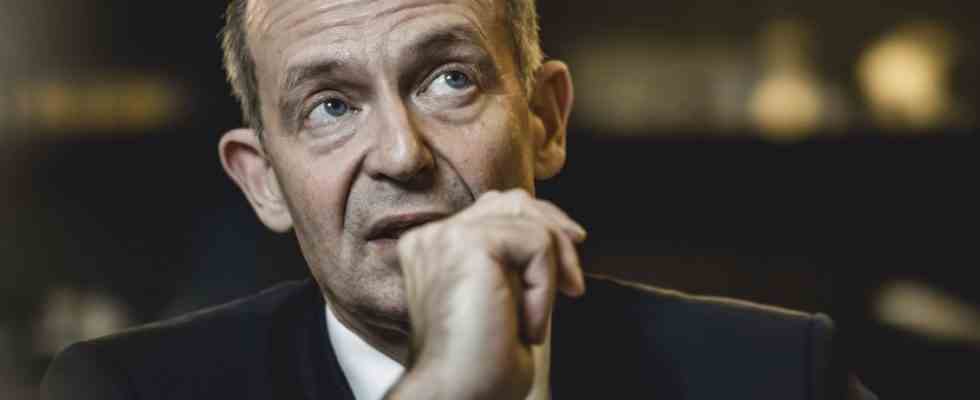In the week-long dispute over the planned end for the approval of new combustion engines in Europe from 2035, a solution is in the offing. According to information from government circles, the Federal Ministry of Transport has moved away from its hard line and presented a new compromise proposal to the EU Commission on Thursday evening.
Accordingly, the existing regulation on the fleet limits should no longer be changed after all. Transport Minister Volker Wissing (FDP) would therefore be satisfied with a legally binding declaration that the Commission would bring about a solution to the dispute by autumn and allow combustion engines powered by e-fuels to be approved after 2035.
This is seen as a decisive turning point in the dispute that Germany triggered. Because under the leadership of the German Transport Minister Volker Wissing (FDP), a group of member states wanted to subsequently enforce an exemption for e-fuels in the legal text, although the governments had already agreed on a different position last year.
The transport minister is confident that a viable solution will now be found
According to the agreement at the time, new combustion engines should generally no longer be approved after 2035. A solution for e-fuels should only be found after the decision. The foreword to the law states that the Commission will formulate a corresponding proposal. However, this would not have been legally binding.
Although Wissing himself did not go into the details in a statement, he was confident that a viable solution would now be found. The FDP politician said that they consulted closely with the EU Commission and, after careful consideration, sent them a constructive proposal for a solution. He assumes “that not only all substantive, but also the legal questions are sufficiently answered”.
Wissing sees his goals achieved. Nothing will stand in the way of approval for vehicles that are fueled with e-fuels, even after 2035. However, with the compromise proposal, this is not considered certain. Because EU institutions such as the EU Parliament could still reject such a solution in the procedure now planned.
According to government circles, the new EU legislation could be passed as early as next week. State Secretary Hartmut Höppner had submitted the new proposal in the evening. The Mirror reported about it first. The dispute not only triggered violent protests from other EU member states, but also caused irritation within the traffic light coalition. The agreement also makes it clear that a relaxation of the dispute between the FDP and the Greens is in the offing ahead of the coalition summit on Sunday. The Greens had heavily criticized Wissing for his tough stance.
EU Commission President Ursula von der Leyen and Federal Chancellor Olaf Scholz had already announced an early agreement in the debate on exceptions to the combustion engine end on Thursday evening. “I am confident that we will soon find a good solution,” said von der Leyen on Thursday evening in Brussels after the end of the first day of the EU summit. “There is progress in the negotiations,” she added, referring to the EU Commission’s talks with Transport Minister Volker Wissing.

